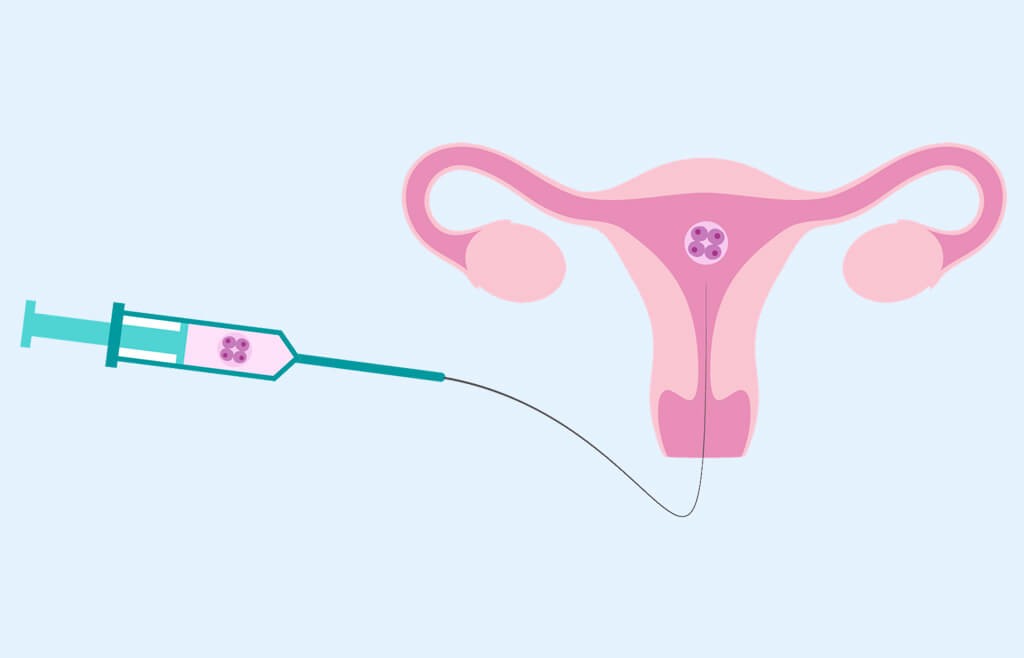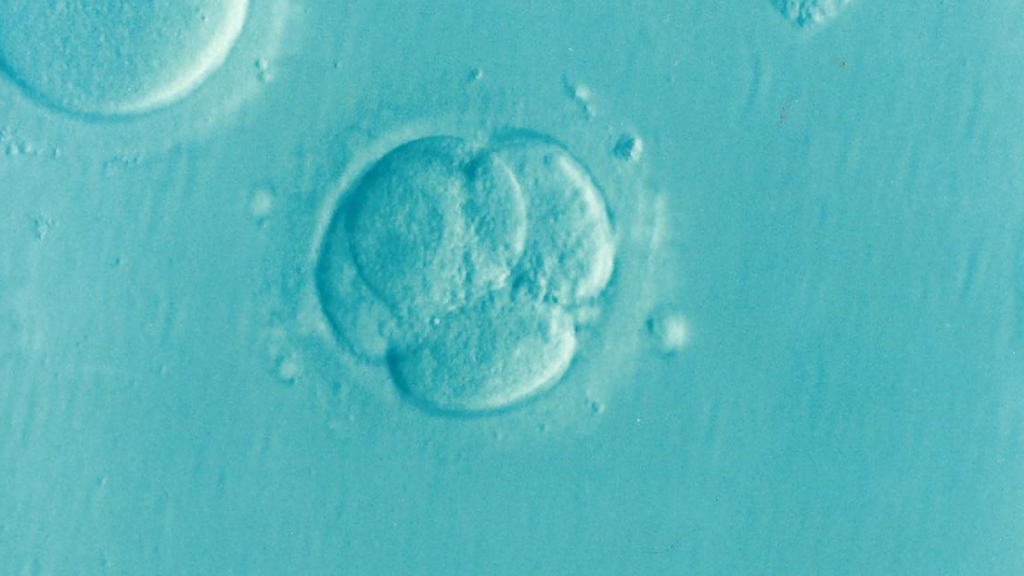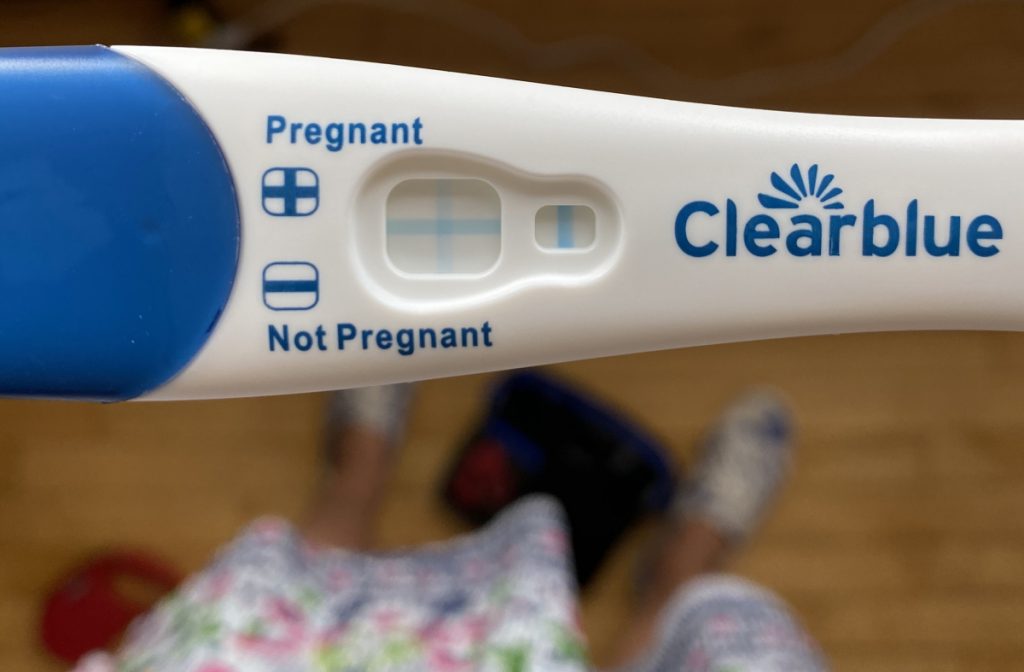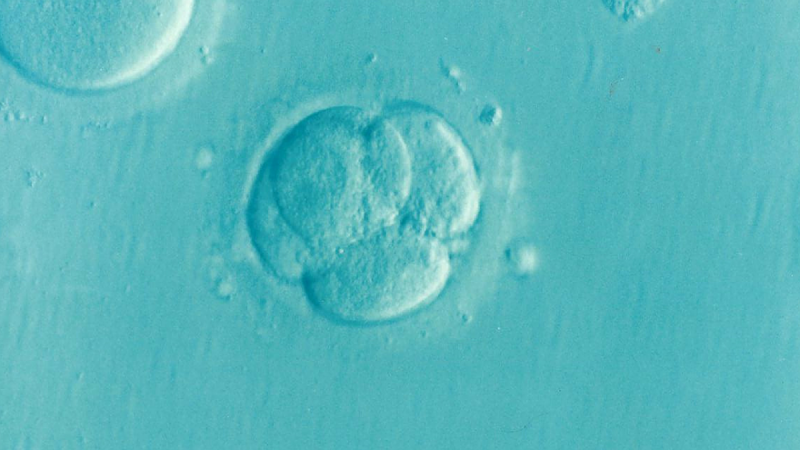If you’ve been following along for a while you know that while my first pregnancy was easy and quick, things took an unexpected turn later.
I was diagnosed with secondary infertility along with other postpartum consequences and I also had an ectopic pregnancy along the way.
Quite frankly, after my ectopic I kind of gave up on conceiving another child and we stopped trying. Every month was a disappointment and I simply wasn’t ready for that.
I’ve been going to the fertility clinic for months and the doctor kept saying that he believes I will be able to get pregnant. It just wasn’t happening for unexplained reasons (which is one of the most common reason for couples).
We submitted our paperwork to an adoption agency which was an adventure itself since the first step is completing a background check and because coronavirus happened no one was doing fingerprints cards.
While adoption procedures and options are a topic for a completely different blog post, when covid happened our financial situation changed drastically. Adoption is costly, so we decided to give things another try and try fertility treatments one more time.
Under normal circumstances, doctors decide to try 3 or 4 rounds of IUI, with or without medication, and if that doesn’t work move onto IVF.
My doctor who was fantastic when it came to communication and honesty was open that not everyone is up to trying multiple IUIs due to a low percentage of it working and some prefer to move directly to IVF.
In my case, we had about 10-15% chance for each IUI cycle. With IVF your chances increase to 60%, but naturally, it’s way more invasive, lengthy, and costly.
First things first though…
What’s IUI?
Everyone has heard of an IVF – in vitro fertilization, but IUI isn’t as generally known. I myself didn’t know about it until my friend told me she conceived her twins thanks to this treatment.
IUI is an Intrauterine Insemination. It involves placing sperm inside a woman’s uterus to facilitate fertilization. The goal of IUI is to increase the number of sperm that reach the fallopian tubes and subsequently increase the chance of fertilization.
Yes, some call it more expensive sex and many doctors especially in Europe think it’s an unnecessary treatment option that’s created to make money from patients.
I think my personal opinion on that is somewhere in between, hence why I also decided that after one round of IUI we’d move directly onto IVF not to waste any more money and more importantly time.
IUI – Medicated or Not?
IUI can be a natural, but quite often it’s combined with medication. When used without medication the chance of conceiving is obviously smaller.
In my case, at the beginning of the cycle I was put on Clomid. Clomiphene has been trusted by doctors for 50 years. It causes eggs to mature faster and prepares them for ovulation.
Clomid blocks estrogen production, and this stimulates your hypothalamus and pituitary glands to produce gonadotropin-releasing hormone (GnRH), follicle-stimulating hormone (FSH) and luteinizing hormone (LH).
The presence of these hormones catalyzes the maturation of the egg follicles, increasing the chances of ovulation.
Many people feel terrible on Clomid, but in my case I felt no different (although husband might say I was very annoying and moody). It’s a very individual thing and many women feel more “hormonal”, but I think in my situation I was pretty emotional either way, so I didn’t notice any change.
Another common medication to take during IUI is a trigger shot – Ovidrel. You need to insert a needle next to your bellybutton and inject the medication. In my case, we decided it’s best to do as due to my thyroid my ovulation strips were always quite off.
Before your first IUI doctors will also need to perform a sonohysterogram between 10th and 12th day of your cycle. In my opinion, it’s the most uncomfortable part of the whole process.
Your doctor inserts fluid into the uterus via the cervix to examine the uterine lining by using a small tube. At the same time they also check if your follicles grew enough and are ready for ovulation and we confirmed that my one remaining fallopian tube appears to be working.
My ultrasound was done on day 10th and I was told I had 3 very mature follicles ready to go. Doctors want one or two and if you have 3+ your IUI cycle is usually canceled, but since I had 3 I had to acknowledge the possibility of multiples and that’s it.
The chances of multiples are actually still relatively small. It’s one of the myths that if you go through fertility treatments, you’ll end up with twins or triplets. Most likely you’ll end up with no babies at all and if lucky there’s one.
I had to call a lab to schedule my IUI appointment and do the trigger shot 32 to 36h before that. In my case, the trigger shot fell into a 3:30 AM shot – fun times.
My IUI got scheduled for day 12 which is pretty early compared to most, but my follicles didn’t want to wait.

Is IUI Covered by an Insurance?
You may ask whether the IUI is covered by the insurance and how much does it cost. It depends on your insurance, but unless you have fertility benefits it’s not.
If you walk to a clinic and pay for everything out of pocket you’ll be charged $350 for an IUI itself and considering visits, ultrasounds, meds and everything else the total cost in the USA would come down to about $1800.
In my case my fertility visits were covered, so all the blood tests were covered (I finished my deductible for the year though).
Clomid was partially covered and not covered part ($8) was outside of my deductible; same as the ultrasound (total cost was $730, but out of pocket cost was $237 outside of my deductible again).
Then the IUI procedure was fully out of pocket – $340 including sperm analysis and preparation.
I don’t agree with “stay off Google”.
Many will tell you not to Google things and other IUI experiences. I don’t agree with this statement. Thanks to what I knew I was aware of possible issues in the past and went to the hospital earlier than most people when I had an ectopic pregnancy.
If I didn’t read up on such possibility, then things could have been worse they did.
When it came to IUI and possible IVF I knew exactly what to ask my doctor for, I knew the risks and advantages of everything.
Hence why I say everyone should educate themselves. Don’t read random forums (same goes for pregnancy forums on BabyCenter, etc. – people can be legit crazy there), but medical knowledge is always useful.
Personally, I found a great Utah Infertility Facebook Group with kind people and helpful non-judgemental and not freakish advice.
IUI Procedure
Your partner is asked to drop off his donation an hour before your appointment. Then before your appointment, lab personnel hands you the sperm and you need to sign quite an amount of paper confirming the name on the syringe.
I actually found this part quite hilarious after the first time I was asked “are you sure it’s the correct name?”. I think I’m sure after the 5th time I read it.
Comparing to sonohysterogram, IUI was easy and painless, but again – it can be a personal matter. The doctor inserts a teeny tiny flexible syringe-like tool through my cervix and releases the sperm. That’s it.
Before covid, your partner could insert the syringe, but at the moment no partners are even allowed in the building, let alone the room. The same goes for any prenatal ultrasounds later on.
After the procedure, they ask you to lie down for 15 minutes and then you leave the room.

Two Week Wait
For those not familiar, the two-week wait is the period of time between a pregnancy attempt and when the pregnancy can be detected.
Under normal circumstances, you can test sooner but because I’ve done a trigger shot it can cause false positive for days. You’re supposed to wait until day 14 to test, just in case if the trigger shot stays in your system longer.
The truth is I was feeling like crap right after. I expected some cramping after the procedure and while they were just fine, 5 days after the IUI I had pains all over the place. Some days I couldn’t even get up and it wasn’t normal.
This is when researcher Anna came to the conclusion to see how one can be sure if the trigger shot is out of the system. Youtube came in handy with girls testing every day from the very next day watching the line from the trigger shot become fainter.
I made a test on day 7 and the trigger shot was out of the system – test came back negative. My husband who was against testing early told me to go test everything because of how bad I felt. The tests on day 10 and 11 were as I say “inconclusive”.
They weren’t fully negative but didn’t look fully positive either. We called the doctor on day 11 explaining what was happening and I went in.
Their test at the lab came back negative and the ultrasound showed that I had bleeding from my ovaries caused by ovulation of multiple eggs. So in short – IUI didn’t work, but I was fine.
We went home and the next day had an appointment with an IVF clinic in Czech Republic.
Unexpected Turn of Events
The thing is… I never got my period either. I ended up testing again 14 days after only to get a slightly inconclusive pregnancy test again I discarded as negative.
Only 16 days after I was able to get a real positive test. Delayed reaction? Looks like it, but also a false negative apparently. It turns out it can happen…
In my case, they had to check my HCG levels immediately, which involved going for two blood draws within 48h.
Since once fell on a Saturday I actually ended up in a different clinic that was a covid testing center and they almost did wrong tests on me (I only noticed because again – I knew the test names and codes thanks to my, as my husband says, unnecessary medical research).

I realize how fortunate we are that our first IUI was a success. I know this is often not the case and that it tends to have more positive results after successive rounds, that’s why they call us IUI unicorns. But, I got to know a few people for whom IUi worked on first or second round – #iuisuccess.
I think in my case it was the medication that actually helped, but who knows – we’ll never know for sure.
That said, give it a try before spending a TON on IVF. Who knows, it might simply work.






Thanks for sharing your journey in such detail, really helpful for so many!!
Such a nice article on IUI. It is really helpful to the readers.
Thank you for sharing your journey with us. Your story is a testament to the strength and resilience of individuals facing fertility challenges. It’s inspiring to see how you persevered and explored different options. I’m glad you found a supportive doctor who provided honest guidance throughout the process. Conceive Gynecology & Fertility Hospital sounds like an exceptional facility, led by Dr. Pankaj Shrivastav, offering expert care and support. Their dedication to helping couples and the range of fertility treatments they provide is truly commendable. Wishing you the best of luck on your continued journey towards expanding your family!